Writing Your Way to Healing
Avail NYC exists to be a safe haven for women and men facing an unexpected pregnancy or seeking support after an abortion. We are not a medical provider.
Journaling can be a gentle and powerful way to process emotions, especially after experiencing something complex and deeply personal. In times of reflection, writing can offer a private space to explore your thoughts without fear of judgment.
When you put words on paper, you create distance between yourself and your emotions, allowing you to step back and gain perspective. This process can bring clarity, help you recognize patterns in your healing, and remind you of your own resilience.
There is no right or wrong way to journal. What matters most is giving yourself the freedom to be honest and open.
Why Journaling Can Be a Healing Tool
Writing is more than an act of expression. It can provide relief, create a sense of order, and help you process experiences that may feel overwhelming. Research suggests that journaling can lower stress, ease anxiety, and support emotional healing.
You do not need to be a skilled writer to benefit from journaling. The words do not have to be perfect, and the sentences do not need to be structured in a particular way.
Journaling may help you:
- Create a safe and private space to express emotions.
- Make overwhelming feelings feel more manageable.
- Keep a record of thoughts that reveal patterns of healing and growth.
- Reduce stress by giving emotions a place to be seen and acknowledged.
If you’ve never journaled before, you don’t have to start with a long entry. Even a single sentence or a few words can be meaningful.
How to Start Journaling
If you are unsure where to start, remember that there is no perfect way to journal. The best approach is the one that feels most natural to you.
Choose a Format That Feels Comfortable
Some people enjoy writing in a traditional notebook, while others prefer typing on a computer or using a journaling app. You might like making bullet points of your reflections or feelings, free-writing for unfiltered thoughts, or guided prompts when you need direction.
Whatever you choose, let it be a space that feels like yours.
Find a Space That Feels Safe
Journaling is most helpful when done in a quiet and comfortable setting. Some people prefer to write in the morning to set an intention for the day, while others like to reflect at night before bed. You can journal as often or as little as you need. There are no rules, only what feels right for you.
Be Honest With Yourself
Your journal is for you. There is no need to edit or filter what you write. Some days, emotions may feel messy or complicated, but putting them on paper can bring a sense of relief. Healing does not require perfection—just a willingness to acknowledge your emotions and give them space to exist.
Journaling Prompts to Support Healing
If you are unsure what to write about, prompts can provide direction. Consider starting with one of these questions:
- What emotions have I been feeling lately, and how are they affecting me?
- If I could write a letter to my past self, what would I say?
- What are some things I want to let go of, and how can I begin that process?
- How have I changed or grown since my abortion experience?
- What are three things I am grateful for today?
You do not need to answer every question. Simply choose the one that resonates with you in the moment.
Navigating Common Challenges in Journaling
Journaling is not always easy. There may be days when you do not know what to write, and that is okay. If you feel stuck, start small. A single sentence, a list of emotions, or even a reflection on how your day is going can help your thoughts begin to flow.
If writing brings up strong emotions, take your time. There is no need to force yourself to process everything at once. Writing for just a few minutes or setting a small goal can help make journaling feel more manageable.
If consistency feels challenging, remember that there is no required schedule. Some people write every day, while others journal only when they feel the need. Even occasional journaling can be meaningful. If writing does not feel helpful, consider other creative ways to express yourself, such as voice recordings or drawing. The most important thing is to find what works for you.
You Are Not Alone
The process of healing doesn't always go as we expect, and there is no set timeline. Some days may feel lighter, while others bring more questions. Journaling can help you reflect, but healing also happens in connection with others. Talking with a trusted friend, mentor, or advocate at Avail can bring reassurance and comfort. Simply knowing that someone is there to listen can make a difference.
If certain emotions feel too heavy to process alone, that is okay. Reaching out for support is a sign of strength, not weakness. Healing does not mean carrying everything by yourself. Whether through writing, talking, or taking small steps toward self-care, you are moving forward. You do not have to walk this path alone. Support is available, and you are worthy of care and understanding.
When You Are Ready to Talk, Avail Is Here
Journaling can be a meaningful way to process your thoughts, but sometimes speaking with someone who understands can be even more helpful. At Avail, compassionate advocates are here to listen and support you, whether online or in person.
You don't have to go through this alone.
Avail NYC exists to be a safe haven for women and men facing an unexpected pregnancy or seeking support after an abortion. We are not a medical provider.
Other Articles
ABOUT AVAIL
Avail provides free, compassionate support for women and men navigating unexpected pregnancies or seeking support after an abortion. Our trained care experts offer a safe, confidential space online or in-person to process emotions and explore options. Equipping clients with personalized coping strategies and resources, we empower them to move forward with confidence at their own pace. Avail is not a medical provider. To learn more or meet with a care expert, visit availnyc.org.








